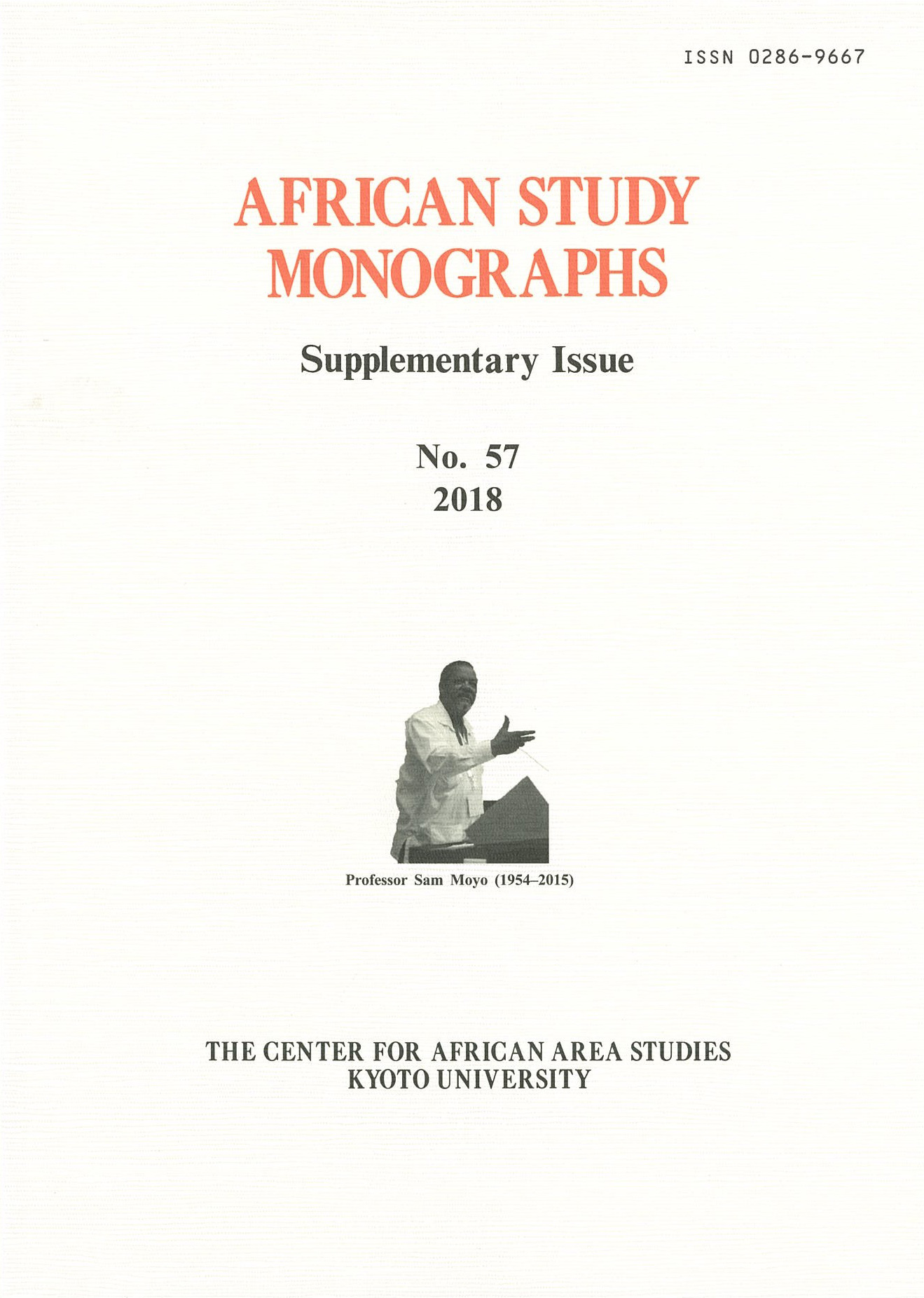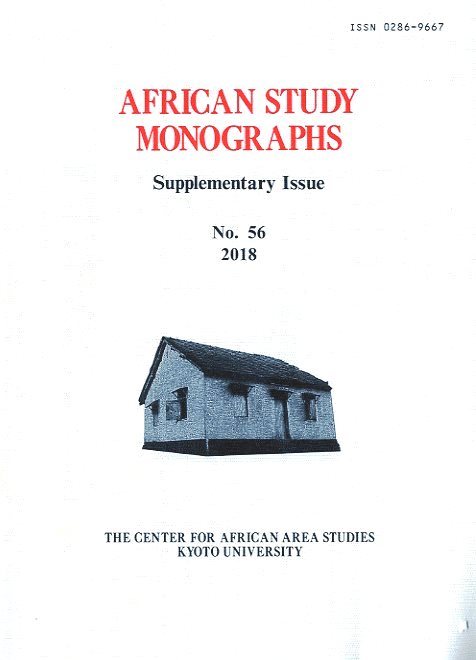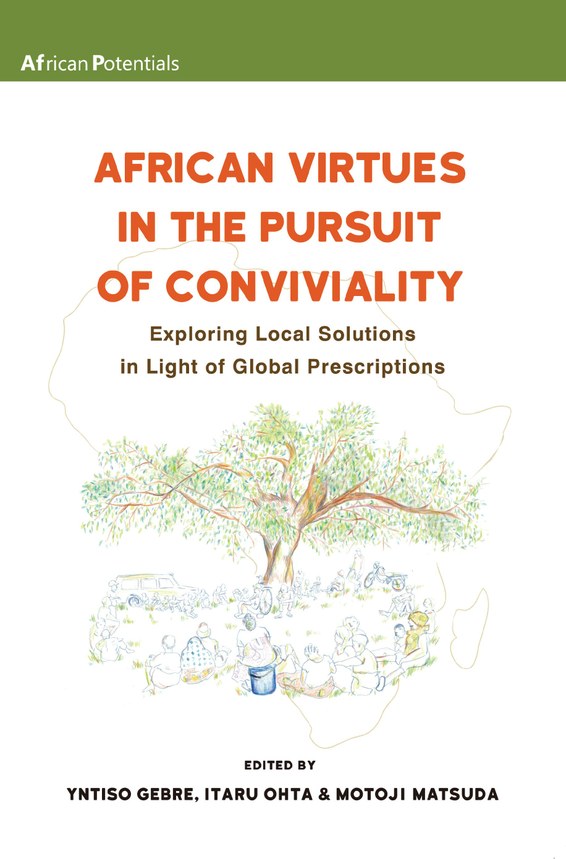日時:2017年11月2日(木) 15:00–17:00
場所:東京外国語大学AA研304
演題:Is Female Genital Modification (FGM) a Development Issue in Africa?: Evidence Based Analysis from the Pokot Kenya-Uganda Border Ethnography
演者:Chris C. Opesen(PhD Fellow (Social Anthropology) and Assistant Lecturer, Department of Sociology & Anthropology, School of Social Sciences, Makerere University)
コメンテイター:中村香子(京都大学)
共催:平成29年度ダイバーシティ研究環境実現イニシアティブ(牽引型)「女性研究者による国際共同研究」,「『アフリカ潜在力』と現代世界の困難の克服:人類の未来を展望する総合的地域研究」(科研基盤(S))課題番号:16H06318 ジェンダー・セクシュアリティ班
後援:現代アフリカ地域研究センター
“Female Genital Modifications (FGM)-a Development Issue in Africa?
Evidence Based Analysis from the Pokot Kenya-Uganda Border Ethnography”
Author: Opesen C. Chris
PhD. Social Anthropology Fellow & Assistant Lecturer, Dep’t of Sociology & Anthropology, Makerere University.
Abstract
Introduction and Objective
This paper attempts a critical discussion of the question of whether the tradition of female genital modifications (FGM) is a development issue in Africa or not, using evidence based analysis from the Pokot Kenya-Uganda border ethnography.
Methodology: Evidence the paper presents is based on life story analysis, interviews, discussions and hermeneutics ethnographically conducted from February 2015 to March 2016 at the Amudat district Pokot Kenya-Uganda border. Analysis and interpretations were inductively and thematically conducted.
Findings: From a critical perspective, the lived experiences of women with FGM in Pokot represent it as: (a) a gender agenda for sexual control of women (b) an aggravated form of human rights abuse (c) a culture of poverty that perpetuates low school completion rates, forced child marriages, social-economic exclusion and life long illness (d) a sexual and reproductive health paradox (e) an enigma to interventions success
Conclusion and recommendations: Using the lived social, sexual, economic and ritual experiences women have with FGM, the tradition of FGM is without doubt a development issue in Africa. Not only did it differ achievement of up to six (6) MDGs in the MDG agenda for example, but is also a threat to the current Rio 2015 post MDG agenda in especially, universal FGM communities.
To address this question of FGM as a development issue in Africa, the paper recommends adaptation of FGM intervention designs to the Pokot context, prioritization of education for both girls and boys and coordination and completion of disarmaments campaigns by all states in the East African community with a stake in the Karamoja cluster.
Key Words: Female Genital Modifications (FGM), development, gender, human rights, poverty, child marriages, sexual and reproductive health



